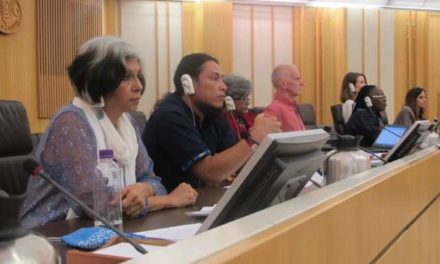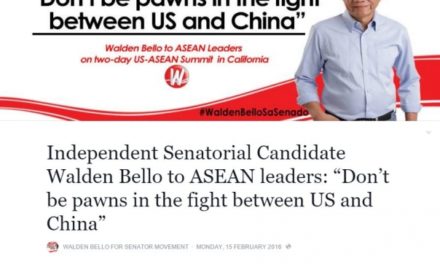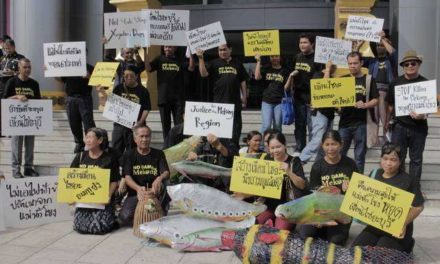Participants at the International Conference on Global Land Grabbing overwhelmingly found that land grabbing is occurring at a scale and speed as never before, and resulting in widespread displacement and dispossession of rural and urban communities, especially smallhold agricultural producers. Held on 6-8 April at the Institute of Development Studies (IDS), University of Sussex, the Conference was organised by the Land Deals Politics Initiative (LDPI) in collaboration with the Journal of Peasant Studies and hosted by the Future Agricultures Consortium at the IDS.
Over 100 papers presented in 32 panels during the conference showed how land, water and natural resources are appropriated by national and transnational corporations, elites and governments through agricultural investments, special economic zones, tourism, conservation programmes, climate change mitigation projects and financial speculation. Not a single case of positive outcomes for local communities, food security, employment and environmental sustainability was found. Instead, participants, who were mostly academics and students, but also from the World Bank, FAO, IFAD, civil society and peasant movements heard that finance and agribusiness corporations were worried about the impacts of bad press on their reputations.
“Land grabs, which aim at 20% profits for investors, are all about financial speculation,” said Andrea Ferrante of la Via Campesina. “This is why land grabbing is completely incompatible with food security: food production – or any other legitimate economic activity – can only bring profits of 3-5%. So land grabbing simply enhances the commodification of agriculture whose sole purpose is the over-remuneration of speculation capital”.
Sofia Monsalve of the FoodFirst Information and Action Network (FIAN International) reiterated the CSO’s critique to the Principles on Responsible Agricultural Investment to discipline land grabbing in an attempt to legitimize something which is absolutely unacceptable. “The concluding remarks of the conference were very clear: there is overwhelming evidence of the destructive force of land grabbing, for peasant livelihoods and for the environment. As one participant put it, the burden of proof is now on the supporters of large-scale land investments”, she added.
Yulian Junaidi Jasuan from the Federation of Indonesian Peasants (SPI) said that, “Land grabbing is a global crime” and exhorted conference participants to build a global moratorium on land grabbing. The International Planning Committee for Food Security and the Land Research Action Network support this view.
According to Olivier De Schutter, the UN Special Rapporteur on the Right to Food, trying to make large-scale investments more “responsible” is not enough.“The real concern behind the development of large-scale investments in farmland is rather that giving land away to investors will result in a type of industrial farming that will have much less powerful poverty-reducing impacts than if access to land and water were improved for the local farming communities. Accelerating the shift towards large-scale, highly mechanized forms of agriculture will not solve the problem of hunger: it will make it worse.”
It is time for Food Sovereignty!
Land working group of the International Planning Committee for Food Sovereignty ( HYPERLINK “http://wgart.foodsovereignty.org/”http://wgart.foodsovereignty.org/)
Land Research Action Network (http://www.landaction.org)
Conference papers can be downloaded at www.future-agricultures.org
Sign the Dakkar Appeal against the land grab at http://www.petitiononline.com/dakar/petition.html









